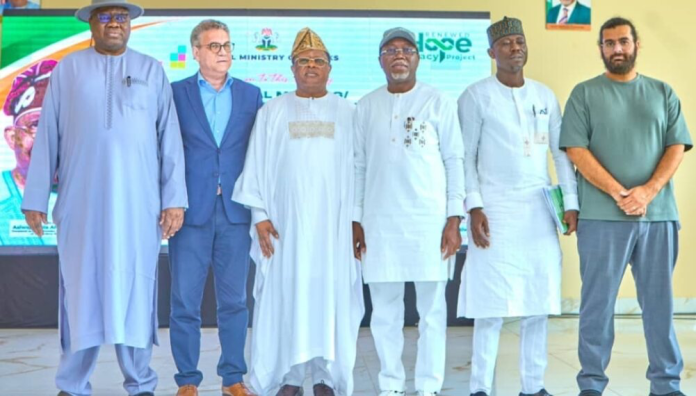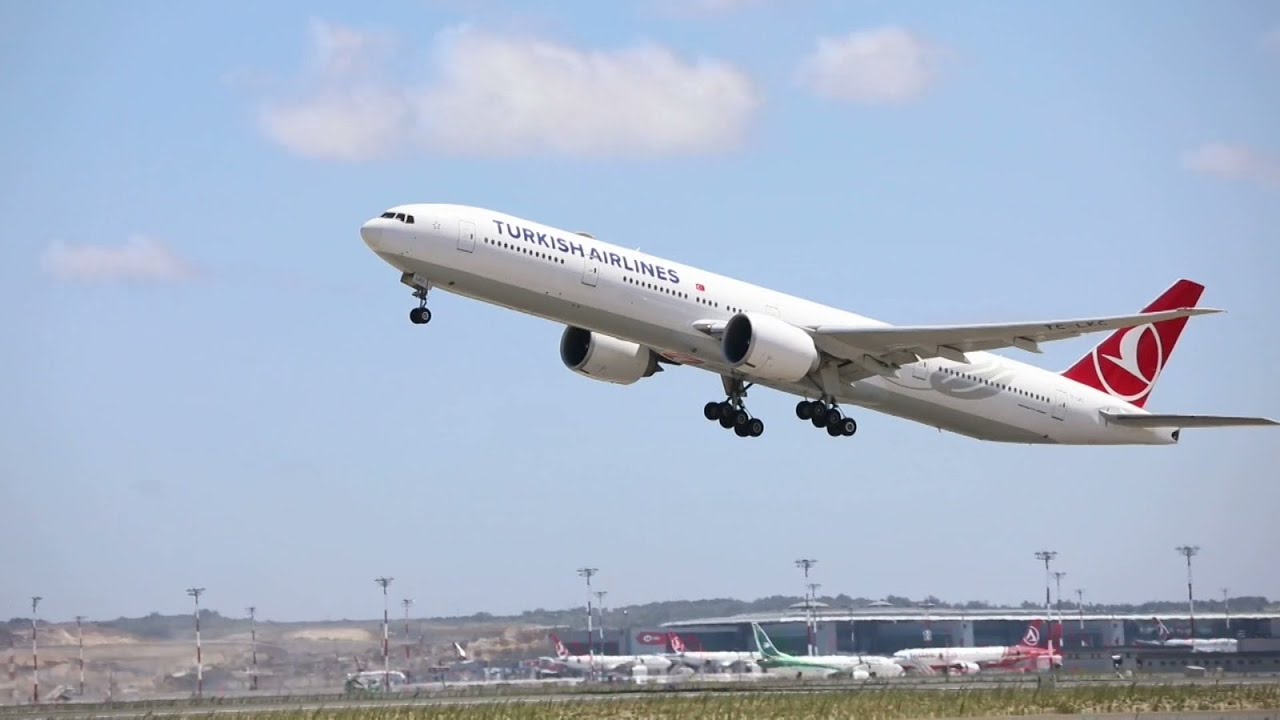The Federal Government initiates stakeholder engagement for the 63-kilometer Ondo State segment of the Lagos-Calabar Coastal Highway project. The meeting, held on October 31, 2024, at the Dome in Alagbaka, Akure, is led by the Honourable Minister of Works, Senator Engr. Nweze David Umahi.
According to a statement from the Ministry of Works, this segment forms part of the broader 700-kilometer Lagos-Calabar Coastal Highway, which aims to enhance Nigeria’s road infrastructure to support economic growth and improve connectivity, trade, and tourism across the coastal states.
During the town hall meeting, Minister Umahi reaffirms the federal government’s commitment to the project, emphasizing the importance of collaboration between federal and state authorities for its success. The meeting, hosted by Ondo State Governor Hon. Lucky O. Aiyedatiwa, includes participation from members of the Senate and House Committees on Works, as well as presidential advisers.
Stakeholders from Ondo express their support, noting the project’s potential to foster local economic development and improve road safety. The 63-kilometer Ondo segment is considered vital for enhancing connectivity and economic integration along the Lagos-Calabar corridor.
Key Project Details
The 700-kilometer Lagos-Calabar Coastal Highway spans nine states and is designed to strengthen connectivity and stimulate economic growth along Nigeria’s coast. The project, awarded to Hitech Construction Company Ltd. under an Engineering, Procurement, Construction, and Financing (EPC+F) model, allocates financial and construction risks primarily to the contractor, with federal government backing.
Construction commences in March 2024 on an initial 47.7-kilometer stretch in Lagos, starting from Ahmadu Bello Way. Minister Umahi expects this section to be completed by May 29, 2025, with plans to toll it for 5 to 10 years to recover costs.
Akwa Ibom receives 107 kilometers of the highway, including 27 kilometers from Section 3B and the entire 80 kilometers of Section 4, while Cross River includes 38 kilometers from Section 3A. Tolling will be implemented along the corridor to facilitate investment recovery, with the entire highway projected for completion within eight years as procurement and approvals progress.













